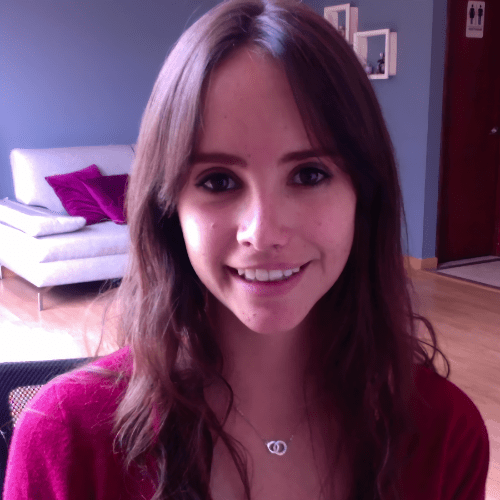Blog
The line between productivity and overworking
 María Lucía Villegas
María Lucía Villegas
María Lucía Villegas
Strategy ConsultantI write a lot about work habits because as a society we’ve learned to measure ourselves with our productivity. From the beginning of the capitalist economic system we, as a workforce, have ensured everyone internalizes that working hard means more success. But where should we draw the line between productivity and overworking?
The most dangerous thing about this is that we started confusing productivity with self-exploitation. Because the more we work the better results as a professional we’re going to get, but it doesn’t necessarily have to be like that. As Gen Z say: think smarter not harder.
So here are some tips for you:
Set up boundaries: Understand your work activities to the point where you can set your boundaries with your co-workers, especially with your boss. Believe me, I know what it feels like wanting to achieve everything I’m asked, but sometimes the results are not what we planned and this can be a huge loss of motivation.
Respect the schedule: Working 7am to 10pm shifts? Without even being asked to? This is probably the worst form of self-harm for an employee. Establish a schedule for each day of the week and respect it. Sometimes we don’t finish our tasks and it’s fine, there’s always the next day. By the way, this also means setting realistic deadlines.
Ask for help: One of the main reasons we take more time on a task than we usually do is trying to do things we’re not supposed to, this goes hand in hand with learning to work in a team. Know your strengths and weaknesses and also your co-workers’. You can’t take up every single task in the company.
- Learn to say no: Probably the most important one, saying no also means knowing the limits of our work, time, and capabilities. Don’t accept anything you’re not qualified to do, instead, you can propose other solutions, but not saying no can mean filling up your schedule with tasks that are going to take three times more time than if a person that knows how to do it does it.
Written by María Lucía Villegas
 María Lucía Villegas
María Lucía Villegas
Lu provides expert guidance in shaping business strategies and achieving growth. Her analytical skills and industry insights help clients navigate challenges and capitalize on opportunities.
Scale your company with the same people
Practical ideas to do more and get back your time every week
We respect your inbox. Privacy policy
